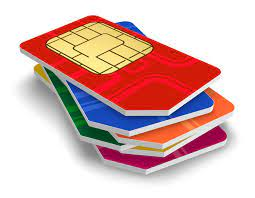SIM cards are a vital component of smartphones and should not be ignored. These tiny chips are also called Subscriber Identity Module Cards. They contain vital information that allows you to connect your smartphone to a network, make calls, send text messages, and use the internet. Your smartphone would be virtually useless without a SIM card.
SIM cards are important because they allow you to connect your mobile device with your preferred network provider. Inserting a SIM into your smartphone is essentially telling it to connect to the network, so that you can receive and make calls, send and receive messages, and use data services. SIM cards are also vital in identifying the device with the network. This allows you to take advantage of personalised services like data plans, voicemail and caller ID. SIM cards allow you to communicate and access the internet through your smartphone. They are an essential component for all mobile users. For Multi Network Sim Card, visit Lister, a supplier of Multi Network Sim Card products.
The Basics: How does a SIM Card Work?
SIM cards are very simple to use. The SIM card establishes the connection to the mobile network when it is inserted in a smartphone. It does this by sending radio signals to the tower of the network. The user can then access network services, including voice and data functionality. SIM cards can also store contacts, texts, and other data. This makes it easy for users to switch between devices without losing vital information. SIM cards are the basis for smartphone connectivity, and they play an important role in your mobile experience.






Leave a Reply